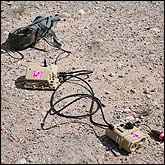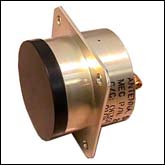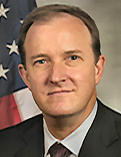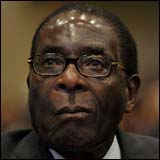 Yesterday the Directorate of Defense Trade Controls (“DDTC”) released its proposed revisions to Category XI of the United States Munitions List (“USML”). Category XI covers military electronics. For the most part, the proposed revisions implement the laudable policy of converting the USML into a “positive” list which will cover items with specific performance characteristics rather than, as is currently the case, cover a broad category of items “specifically designed, modified or configured for military application.”
Yesterday the Directorate of Defense Trade Controls (“DDTC”) released its proposed revisions to Category XI of the United States Munitions List (“USML”). Category XI covers military electronics. For the most part, the proposed revisions implement the laudable policy of converting the USML into a “positive” list which will cover items with specific performance characteristics rather than, as is currently the case, cover a broad category of items “specifically designed, modified or configured for military application.”
So, for example, Category XI now covers “underwater sound equipment to include active and passive detection, identification, tracking and weapons control equipment” that are “specifically designed, modified or configured for military application.” Under the proposed new rule, to be covered the underwater sound equipment must meet certain specific requirements such as being able to classify surface vessels and submarines and having certain defined characteristics, such as using an operating frequency less than 20kHz. An item that might have been modified for military purposes (whatever that means!) and that doesn’t meet those characteristics wouldn’t be on the USML at all.
In addition to adding specificity to the current types of military electronics covered by Category XI, the proposed rules add some new types of military equipment. Of most significant interest is the new Category XI(a)(8) which covers:
(8) Unattended ground sensor (UGS) systems or equipment having all of the following:
(i) Automatic target detection;
(ii) Automatic target tracking, classification, recognition, or identification;
(iii) Self-forming or self-healing networks; and
(iv) Self-localization for geo-locating targets;
The problem here is that none of these terms are defined and that they aren’t even modified by the qualifier that they were “specifically designed, modified or configured for military application.” Certainly the language seems broad enough to cover certain corporate security systems, thereby creating a potential export problems for the company if it has non-U.S. employees with visual access to these systems. This problem would be alleviated, in this instance at least, by including unattended ground sensors if they are ” “specifically designed, modified or configured for military application.”
For an interesting account of the history and development of unattended ground sensor systems, going back to when the U.S. deployed them along the Ho Chi Minh trail in 1966, I highly recommend Noah Shachtman’s excellent article “The Rock That Could Spy On You For Decades” in Wired. Interestingly, that article quotes an industry spokesman saying that the next big market for UGS systems is here in the United States for, among other things, corporate headquarters security.

 Posted by
Posted by  Category:
Category: 

 There have been about 10 million breathless newspaper articles on the
There have been about 10 million breathless newspaper articles on the  The Office of Foreign Assets Control (“OFAC”) has taken another step in polishing off the economic sanctions against Burma by issuing
The Office of Foreign Assets Control (“OFAC”) has taken another step in polishing off the economic sanctions against Burma by issuing 



